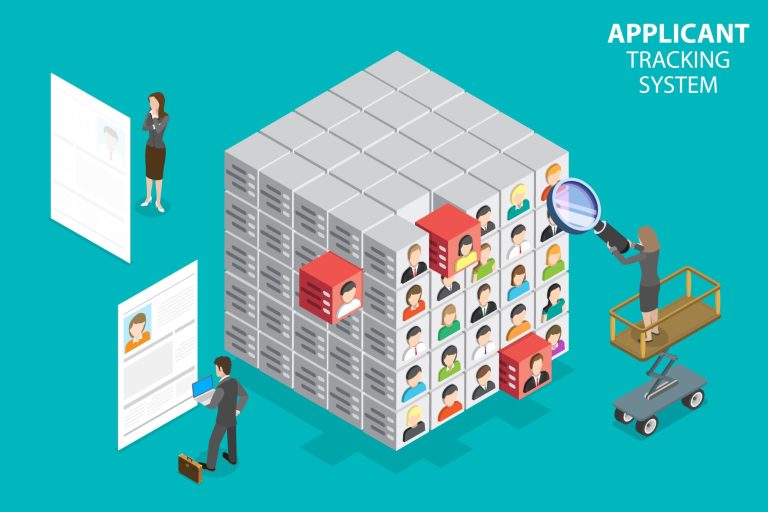An exodus of skilled healthcare workers is straining hospitals, clinics, and long-term care facilities. Rising burnout, emotional fatigue, and staffing gaps are pushing experienced professionals to leave the field entirely. Replacing them takes time, money, and resources many organizations no longer have.
Human resources plays a critical role in reversing this trend. From reshaping internal culture to offering growth opportunities, HR teams have the power to transform how employees experience their work. Targeted strategies can reduce turnover, increase loyalty, and build a more resilient workforce prepared to meet the sector’s growing demands.
Understand the Root Causes of Turnover
Employee retention begins with clarity. Many healthcare organizations react to turnover without fully understanding what’s driving it. Common triggers include chronic understaffing, lack of recognition, unclear career paths, and toxic management practices. Each workplace carries its own set of pressures, which means retention solutions must be informed by direct insight from employees.
Exit interviews, anonymous surveys, and stay interviews reveal recurring friction points. When HR leaders analyze this feedback with intent, not defensiveness, they can identify patterns and implement fixes that matter. Listening alone doesn’t retain staff, but it’s the first step in building systems that do.
Support Skill Development and Career Advancement
Many healthcare workers leave because they see no clear future within the organization. When roles feel static and promotions rare, ambition fades. HR can reverse this by offering structured development plans, tuition support, and in-house training programs tied to advancement.
Helping entry-level staff move into clinical roles strengthens retention at both ends. Providing resources like a free TEAS English test removes financial and academic hurdles for those pursuing nursing school. Supporting growth signals long-term investment in employees, which builds loyalty. Staff who see a path forward are more likely to stay, contribute more, and raise overall performance.
Foster a Culture of Recognition and Belonging
Employees stay where they feel seen, heard, and valued. In high-pressure healthcare environments, recognition often takes a back seat to urgency—but that’s when it matters most. Acknowledging effort, celebrating milestones, and creating channels for peer recognition can improve morale and strengthen team cohesion.
Belonging goes deeper than praise. HR must ensure that every employee feels safe contributing ideas, raising concerns, and showing up as themselves. That means investing in inclusive leadership training, diverse hiring panels, and equitable evaluation systems. Culture isn’t fixed—it’s shaped daily through interactions, policies, and consistent reinforcement from the top down.
Create Clear Internal Mobility Paths
When employees can’t see where their careers are heading, they start looking elsewhere. Internal mobility keeps talent within the organization by showing workers how they can grow without leaving. HR plays a key role in mapping out these opportunities and making them visible.
Start by outlining the skills, certifications, and experience required for advancement in each department. Use internal job boards, mentorship programs, and development plans to guide employees toward their next role. When workers know what’s possible—and how to get there—they’re more likely to stay, invest in their growth, and contribute at a higher level.
Offer Flexible and Predictable Scheduling
Erratic shifts and last-minute changes drive people out of healthcare faster than almost anything else. When staff can’t plan their lives or recover between demanding shifts, burnout builds quickly. HR can help by pushing for tools and policies that improve scheduling transparency and control.
Empowering employees to set preferred hours, swap shifts easily, or access longer-term schedules increases satisfaction and reduces unplanned absences. Predictability matters. It supports better work-life balance, reduces stress, and strengthens the foundation for long-term engagement. Even small improvements in scheduling can lower turnover and create a more stable, motivated workforce.
Strengthen Manager-Employee Relationships
Managers shape the daily experience of healthcare workers more than policies ever will. Poor communication, inconsistent feedback, or a lack of support can push even the most committed professionals out the door. HR must equip managers to lead with clarity, empathy, and accountability.
Offer training that focuses on active listening, conflict resolution, and performance coaching. Encourage regular one-on-one meetings that go beyond task updates and create space for honest dialogue. When employees feel heard and respected by their supervisors, trust deepens. That trust becomes the foundation for long-term commitment and better team performance.
Prioritize Mental Health and Wellbeing
Healthcare professionals face emotional strain that accumulates over time. Constant exposure to trauma, high patient loads, and limited recovery periods contribute to chronic stress. When mental health needs go unaddressed, performance drops and departures rise.
HR can take the lead by normalizing mental health support and making it accessible. Offer confidential counseling, peer support groups, and regular check-ins that focus on wellbeing rather than productivity. Training managers to recognize burnout symptoms and respond with care helps create a workplace where people can recover, reset, and continue contributing with purpose.
Wrapping Up
Retention grows from consistent action. When HR teams focus on development, recognition, scheduling, and mental health, they create an environment where people choose to stay. Stability in healthcare doesn’t come from quick fixes. It comes from systems that value workers at every level and support them through every stage.
Guest writer


























